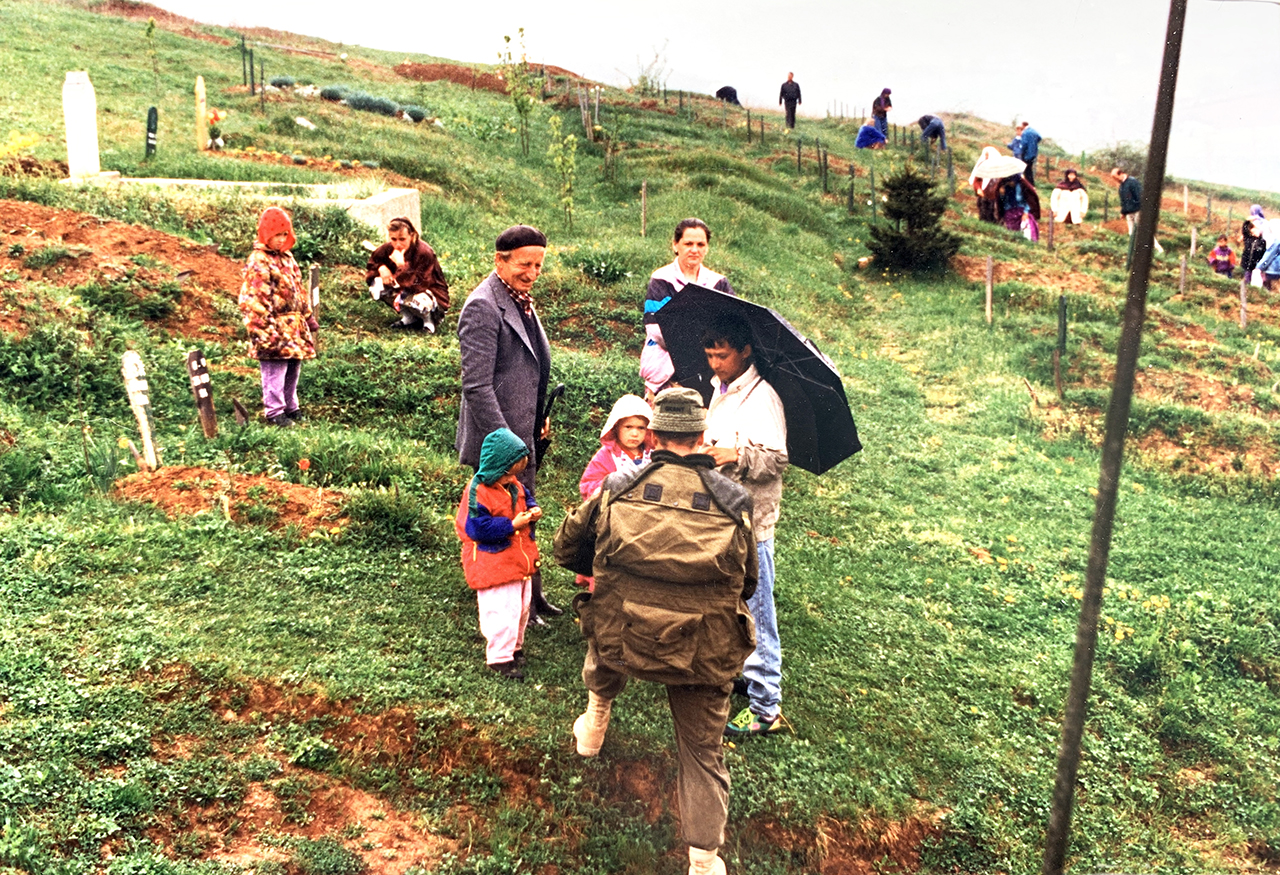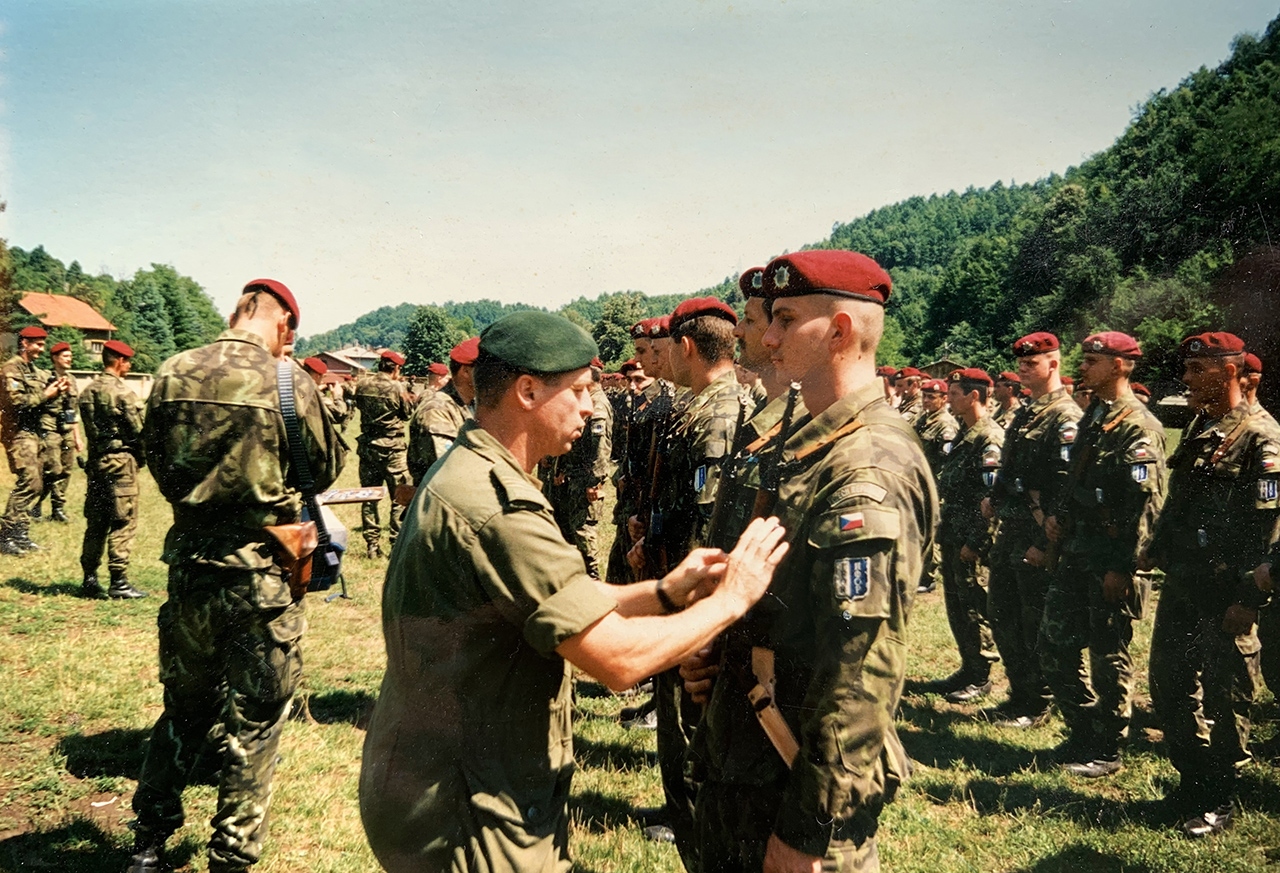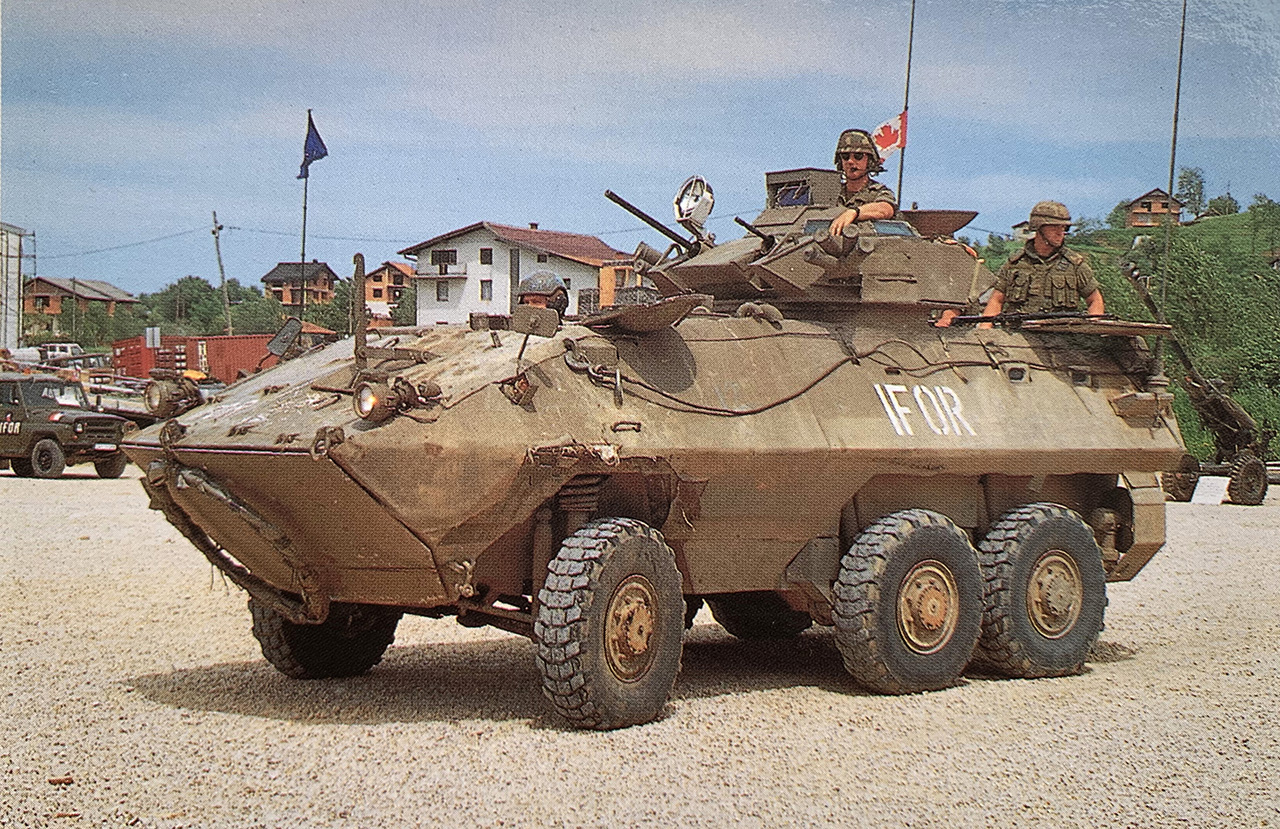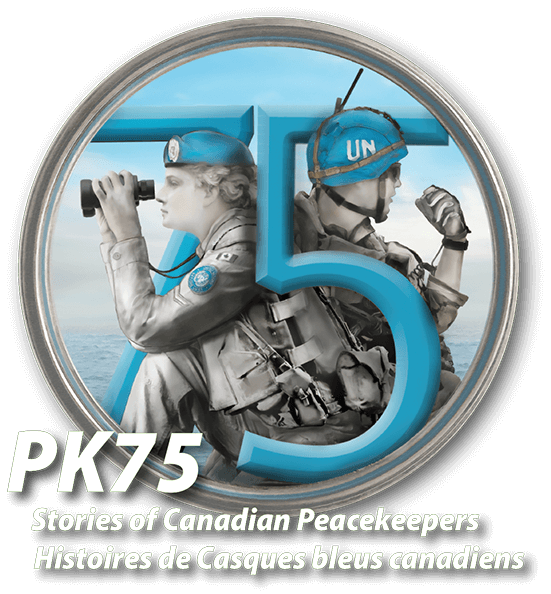

Canada calls on its Canadian Armed Forces (CAF) members to exercise good judgment, show discipline, and be consummate professionals. Peacekeeping is never easy. Often the factions harbour hostile sentiments based on decades or centuries of real or perceived trespasses. Tensions can quickly escalate. Frequently, CAF members are placed in these situations and asked to mediate or enforce the peace. There is no playbook to follow.
Such was the case for Operation ENDEAVOUR — the NATO multi-national contingent sent to Bosnia-Herzegovina to end the bloody war and re-establish peace. The country had three factions — the Croats, the Serbs, and the Bosnians. All three violated the Dayton Accord and a United Nations Force, with restrained rules of engagement, could not stop the violence. NATO sent in an Implementation Force (IFOR) with robust rules of engagement to enforce the peace.
I commanded the IFOR Service Battalion. In December 1995, I was one of four members of the strategic reconnaissance party. All sides repeatedly violated the Accord — illegal checkpoints, people carrying weapons, harassments, and restrictions on freedom of movements. The country’s infrastructure and economy were destroyed. No utilities were operating (night driving was particularly hazardous as the towns were in black-out and people wore black clothes — we referred to it as the Bosnian fashion statement). They walked on the paved roads to avoid mines planted on the soft shoulders.
I had convinced my General to include 4 Canadian Engineer Regiment in the contingent and was pleased to have Colonel McLeod with us. The Contingent Commander assigned me an area of operation in addition to my support tasks. I had a confirmed Rear Area Security task. This meant I must conduct patrols, inspect weapon containment sites, and intervene in conflicts. I had to strike a balance to provide support and maintain security in my Area of Operation (AO).
We had trained hard to prepare. I was hugely impressed with the resiliency and innovation of our Canadian troops. The factions had closed the border and mined areas over which our convoys needed to travel. It was winter and our fuel supplies were dwindling. My Operations Officer called in the transport sergeant, thrust $100,000 in his hands with orders to “Find us some fuel!” He did. Similarly, the Finance Officer had to negotiate with some very surly characters to secure food and other contracted items. Each morning, she took her sidearm and a cashbox with $1,000,000 to meet with suppliers. One gentleman (the Kingpin) controlled much of the commerce. A half-dozen bodyguards always accompanied him. Our Finance Officer arranged a meeting. The bodyguards insisted she give up her pistol. She refused to their great consternation. Eventually, the Kingpin was impressed with her courage and conducted the meeting while permitting her to keep her weapon.
The Dayton Accord required the factions to disarm and consolidate their weapons in containment sites. We had to inspect these sites for compliance. A Master-Corporal commanding our armored vehicle response group identified several armed locals attending a soccer match. He advised the men they violated the Accord and proceeded to demand they turn over their weapons. The audience became hostile, yet the Canadians held their ground and were determined to return the weapons to the containment site. The Master-Corporal struck a compromise that the armed men would be escorted to the site and turn their weapons in. This diffused the situation thanks to the Master-Corporal’s courage and ability to think under pressure.
The Bosnians celebrated a holiday where they traditionally visited family grave plots. Before we arrived, there was an internal war among two groups of Bosnians, resulting in having the defeated pushed back across the border into Croatia. Corps intelligence reported these people were determined to return to the cemeteries and honour their deceased families. Others were going to attack them at the grave sites. This was a flashpoint. We recced our AO, found two dozen cemeteries, and deployed detachments to each. The soldiers welcomed visitors from both sides with grace and compassion, backed up by a second team with machine guns at the ready. There was no trouble.
Numerous incidents required our intervention. I was impressed with the soldiers’ abilities to compromise, innovate and persevere. They did Canada proud.
Biography
I was born in Halifax, NS but was brought up on the Army bases of Petawawa, ON, and Soest, Germany. While at Queen’s University at Kingston, I joined the Canadian Armed Forces.
I completed a degree in economics (although I still can’t balance a chequebook). I could now pursue my two ambitions — to command troops and marry Janet Crombie, my high school sweetheart. It helped (more than I realized at the time) that Janet was an army sergeant-major’s daughter. She was familiar with the demands and challenges of army life.
First, I had to take a career detour and serve 18 months as the supply officer at the Royal Military College in Kingston. Go figure, for the past four years I participated in an intense rivalry against my alma mater’s mortal enemy — the RMC cadets — and now I was in their midst. I came to appreciate their commitment to duty. Many cadets became life-long friends. I even named my son, Douglas, after one of them. General de Chastelain overlooked my past trespasses against RMC and promised early promotion to Captain if I would stay on another year. I told him I loved the job but it wasn’t commanding field troops. He supported me with an immediate posting to the Special Service Force (SSF) Brigade in Petawawa. I was going to the home of the Canadian Airborne Regiment. My next ambition was to become a paratrooper!
Life in the SSF was hard, demanding, exhausting, challenging, and fun! The Brigadier introduced innovative and exciting exercises and competitions. It suited me nicely. I spent my first two years in 2 Service Battalion as a Platoon commander and Company second-in-command. Then I was sent to SSF Headquarters as a staff officer. Here I helped plan operations and training. And I became a paratrooper — jumping out of planes and getting paid for it — life was good.
The SSF was good to me. I arrived a lieutenant and left five years later a major. All that good living required I do penance in Army Headquarters in Montréal. I arrived with some trepidation, convinced I was going to be bored to death. Au contraire, it was an exciting place to work — but not as exciting as five years in Europe! I held several appointments in Germany: Officer Commanding Supply and Transport Company (4 Service Battalion), Battalion Deputy Commander, G4 of 4 Canadian Mechanized Brigade Group and, on promotion to Lieutenant-Colonel, Senior Staff Officer Logistics in Canadian Forces Europe Headquarters.
On return to Canada, I completed the one-year French Course in Ottawa. It was a relaxing pace and a good break.
From there, I was posted back to Montréal as J4 Operations, primarily responsible to plan the support to Divisional training and missions abroad. It was a busy, exciting time — just the way I like it. Then I was appointed the Commanding Officer, 2 Service Battalion. The unit provides supply, transport, and maintenance support to the brigade’s 4,000 members. Finances were tight but we managed several battalion and brigade exercises as well as two combat competitions. During my first year, I deployed part of the unit to Bosnia for six months on Operation ENDEAVOUR, NATO Implementation Force — a multi-national peace enforcement campaign. On completion of my appointment as Commanding Officer, I was posted to the Base Petawawa Headquarters as the Base Administration Officer.
The subsequent year I attended the United States Industrial College of the Armed Forces in Washington, D.C., earning a Master of Science in Resource Management. On return to Canada, I was appointed the Director of Military Human Resource Requirements. The Canadian Forces Military personnel numbers were in a death spiral and I was directed to fix it.
For the past 44 years, I have been married to Janet Crombie. As her reward for putting up with me, we followed her dream and bought a horse farm in Mono, ON. It keeps us poor, but happy.

IFOR Service Battalion providing close protection to Bosnians visiting family grave sites.

Lieutenant-Colonel Grant presenting IFOR medals to the Czech Contingent .

IFOR Service Battalion Immediate Reaction Force.


